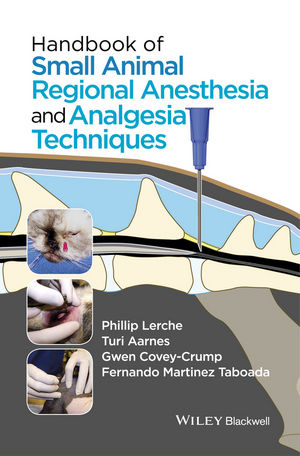Achieving a Youthful Glow: The Benefits of Facelift Surgery in Dubai
When it comes to rejuvenating your appearance, a facelift is one of the most popular and effective options. In Dubai, renowned for its luxurious lifestyle and cutting-edge medical services, facelift procedures have gained immense popularity. But what exactly is a facelift, and why is Dubai considered a leading destination for this cosmetic surgery? Let’s dive into the details.
What is a Facelift?
A facelift, also known as rhytidectomy, is a surgical procedure designed to give a more youthful appearance by tightening the skin and tissues on the face. As we age, the skin loses its elasticity, and the facial muscles begin to sag, resulting in the formation of wrinkles and drooping. A facelift helps to reverse these signs of aging, offering a refreshed and rejuvenated look.
Why Choose Dubai for Your Facelift?
Dubai is a global hub for medical tourism, attracting people from all over the world to seek world-class treatments. Here are a few reasons why Dubai is the perfect place for a facelift:
- Expert Surgeons: Dubai is home to highly skilled and experienced plastic surgeons who specialize in facelifts. These professionals are known for their expertise in performing precise and personalized procedures that cater to individual needs.
- Advanced Technology: The city boasts state-of-the-art medical facilities equipped with the latest technology. This ensures that patients receive the best care possible, with minimal risks and quicker recovery times.
- High Standards of Care: Dubai’s healthcare system follows international standards, ensuring patients receive top-notch treatment in a safe and clean environment.
- Luxurious Recovery: Many clinics in Dubai offer exclusive post-surgery care, allowing you to relax and recover in a luxurious setting. With high-end accommodations and personalized aftercare services, Dubai ensures a comfortable recovery process.
The Procedure: What to Expect
The facelift procedure itself typically involves making incisions around the hairline and the natural creases of the face to minimize visible scarring. The surgeon will then tighten the underlying muscles and remove excess skin to create a smoother, more youthful appearance.
Before undergoing surgery, a consultation with the surgeon is essential to discuss your expectations and the potential outcomes. Your surgeon will guide you through the process, answering any questions you may have.
Benefits of a Facelift
- Younger Appearance: The primary benefit of a facelift is its ability to turn back the clock, giving you a more youthful and refreshed look.
- Boost in Confidence: Many people who undergo facelifts experience a significant boost in self-esteem. When you feel good about your appearance, it can positively affect various aspects of your life.
- Long-lasting Results: While a facelift can’t stop the aging process entirely, it offers long-lasting results. The effects can be seen for up to 10 years or more, depending on the individual and how well they maintain their skin.
What to Know Before the Surgery
Although a facelift can provide dramatic results, it’s important to understand that this is a surgical procedure, and like any surgery, there are potential risks. It’s crucial to choose a qualified …





















